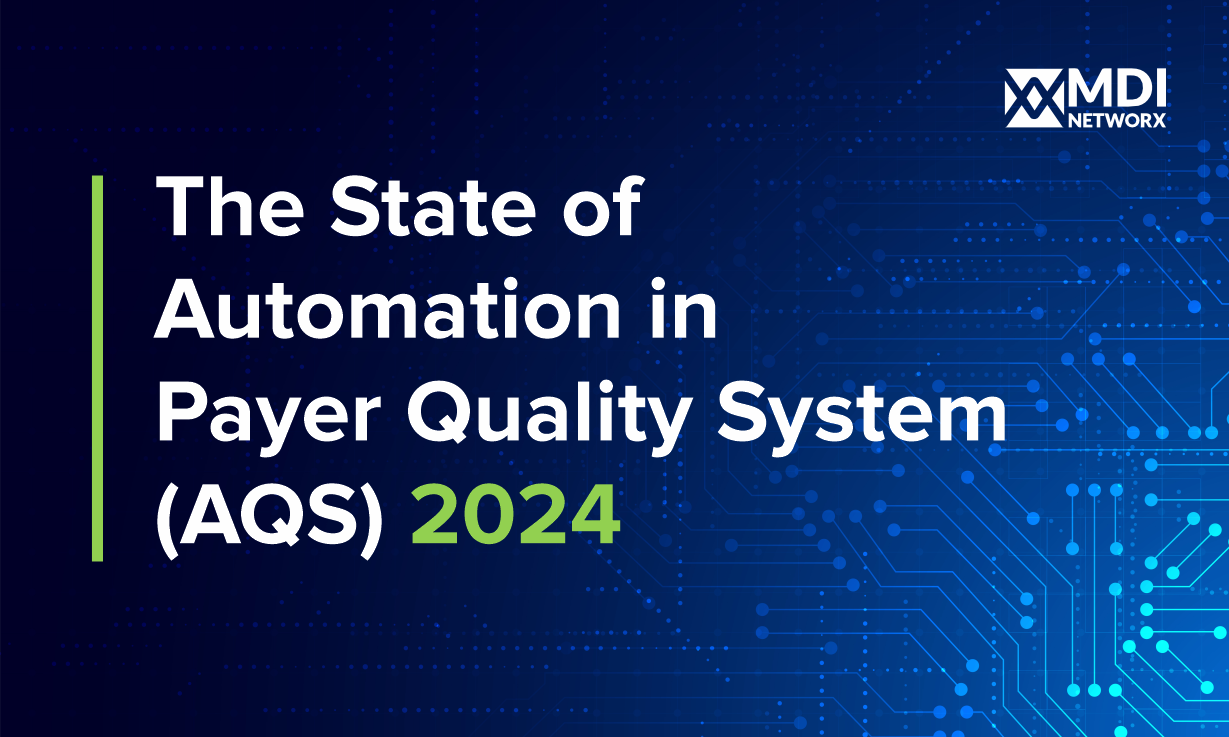As you are likely aware, payer data intelligence has become increasingly important for healthcare organizations looking to stay competitive and succeed.
Payer data can provide valuable insights into patient behavior, healthcare utilization, and cost trends, allowing healthcare organizations to make data-driven decisions that improve patient outcomes and reduce costs. While the effect is quite clear, many of us are still in the dark as to what happens under the hood to make payer data intelligence so vital in growing healthcare businesses.
We have identified the top benefits of payer data intelligence for healthcare businesses, the challenges they face in leveraging payer data, and strategies for maximizing its potential so that you can utilize these tools to grow your business.
Defining Data Intelligence of Healthcare Payers
As you know, payer data intelligence is our lifeblood in making informed decisions related to healthcare operations and management.
This data includes information about claims, billing, utilization, and cost trends. Payer data can be used to identify inefficiencies, optimize revenue cycles, and create targeted marketing campaigns. It can also provide insights into patient behavior and healthcare utilization, allowing healthcare organizations to better understand patient needs and preferences.
The Importance of Data Intelligence for Healthcare Payers
Healthcare organizations that effectively leverage payer data can gain a competitive advantage by improving patient outcomes and reducing costs.
Payer data can help healthcare organizations optimize revenue cycles, improve care coordination, and identify areas of inefficiency. With rapidly changing healthcare regulations, payer data can also help organizations stay ahead of regulatory changes and adapt to new requirements.
The Benefits of Data Intelligence Application for Healthcare Businesses
Leveraging payer data intelligence for healthcare businesses allows organizations to:
- Save money through improved financial management: Payer data can help healthcare organizations identify areas of inefficiency and develop strategies to reduce costs.
- Increase revenue through better pricing strategies: Payer data can help healthcare organizations identify pricing trends and develop effective pricing strategies to improve revenue.
- Improve patient outcomes through better care coordination: Payer data can help healthcare organizations identify areas of improvement in care coordination, leading to better patient outcomes.
Challenges of Data Intelligence Application for Healthcare Payers
Healthcare organizations attempting to leverage payer data intelligence for their business are typically challenged with:
- Data accessibility: Payer data can be difficult to access due to data silos and competing interests.
- Integration and interoperability: Payer data may not be compatible with existing systems, requiring additional resources for integration.
- Data security and privacy: Payer data contains sensitive information and must be secured and protected to prevent breaches.
Strategies for Maximizing Data Intelligence
Payer data intelligence can be maximized by:
- Investing in analytics tools and platforms: Healthcare organizations can use analytics tools and platforms to analyze payer data and gain insights into patient behavior and healthcare utilization.
- Collaborating with payers and other providers: Healthcare organizations can work with payers and other providers to share data and develop innovative strategies for improving patient outcomes and reducing costs.
- Building a data-driven culture within the organization: Healthcare organizations can build a culture of data-driven decision-making to ensure that payer data is effectively leveraged to drive growth and improve patient outcomes.
Conclusion: Invest In Data Intelligence to Grow Your Payer Business
Payer data intelligence is crucial for healthcare organizations looking to stay competitive and succeed in the rapidly evolving healthcare landscape.
By leveraging payer data, healthcare organizations can improve patient outcomes, reduce costs, and gain a competitive advantage.
While there are challenges to leveraging payer data, healthcare organizations can overcome these challenges by investing in analytics tools and platforms, collaborating with payers and other providers, and building a data-driven culture within the organization. We encourage healthcare organizations to take action and invest in this critical area to drive growth and improve patient outcomes.
For more information on payer solutions, talk to one of our data intelligence solutions experts today.




